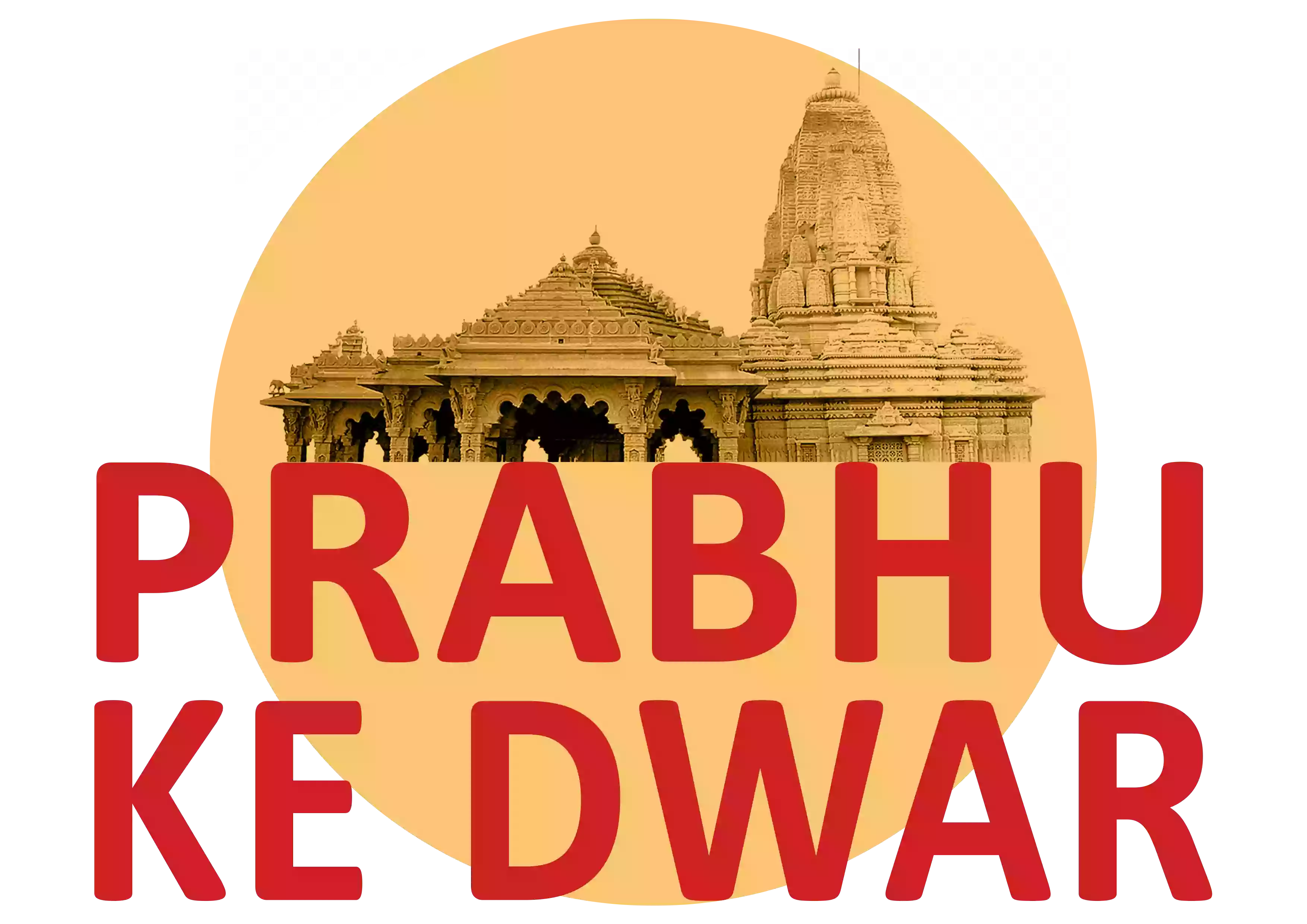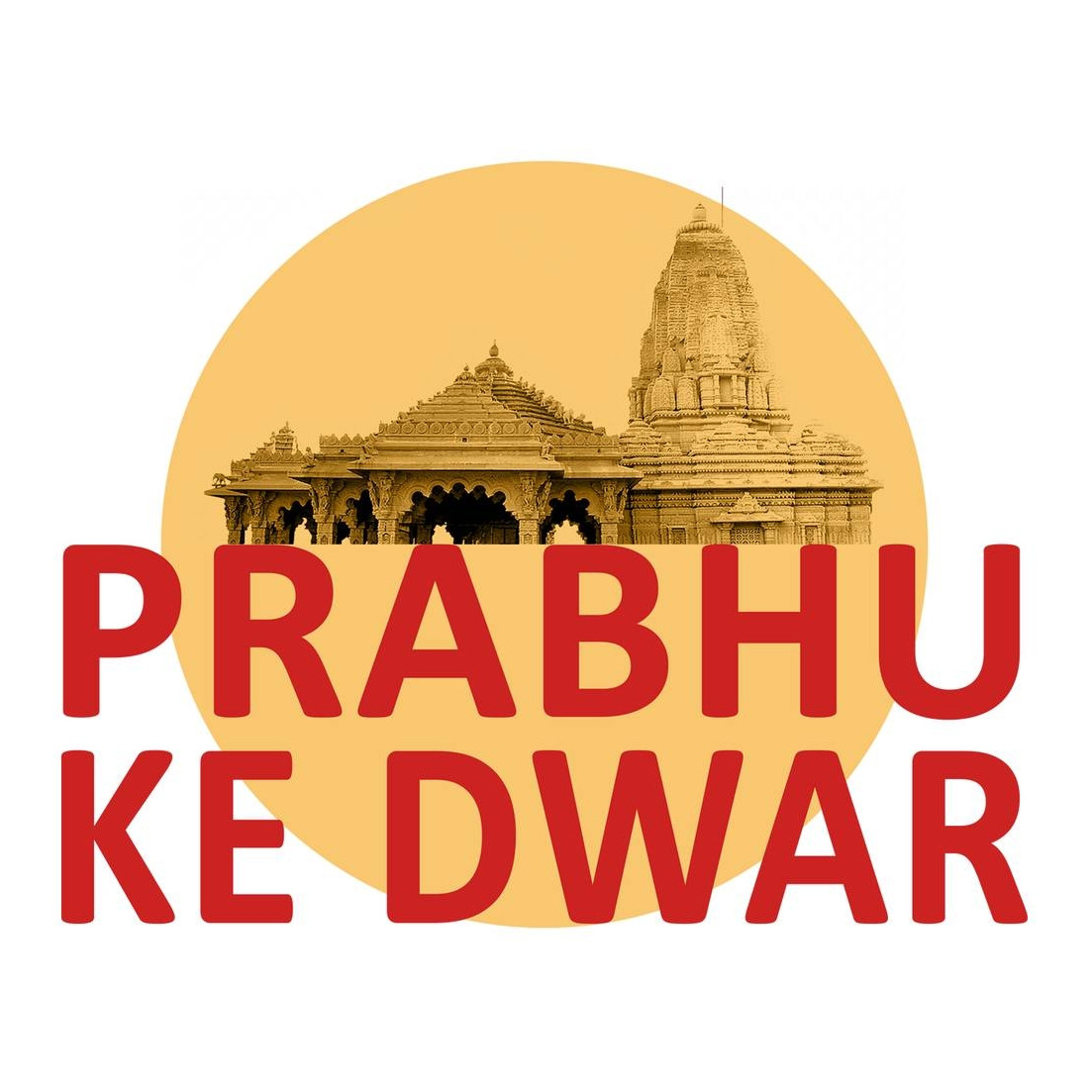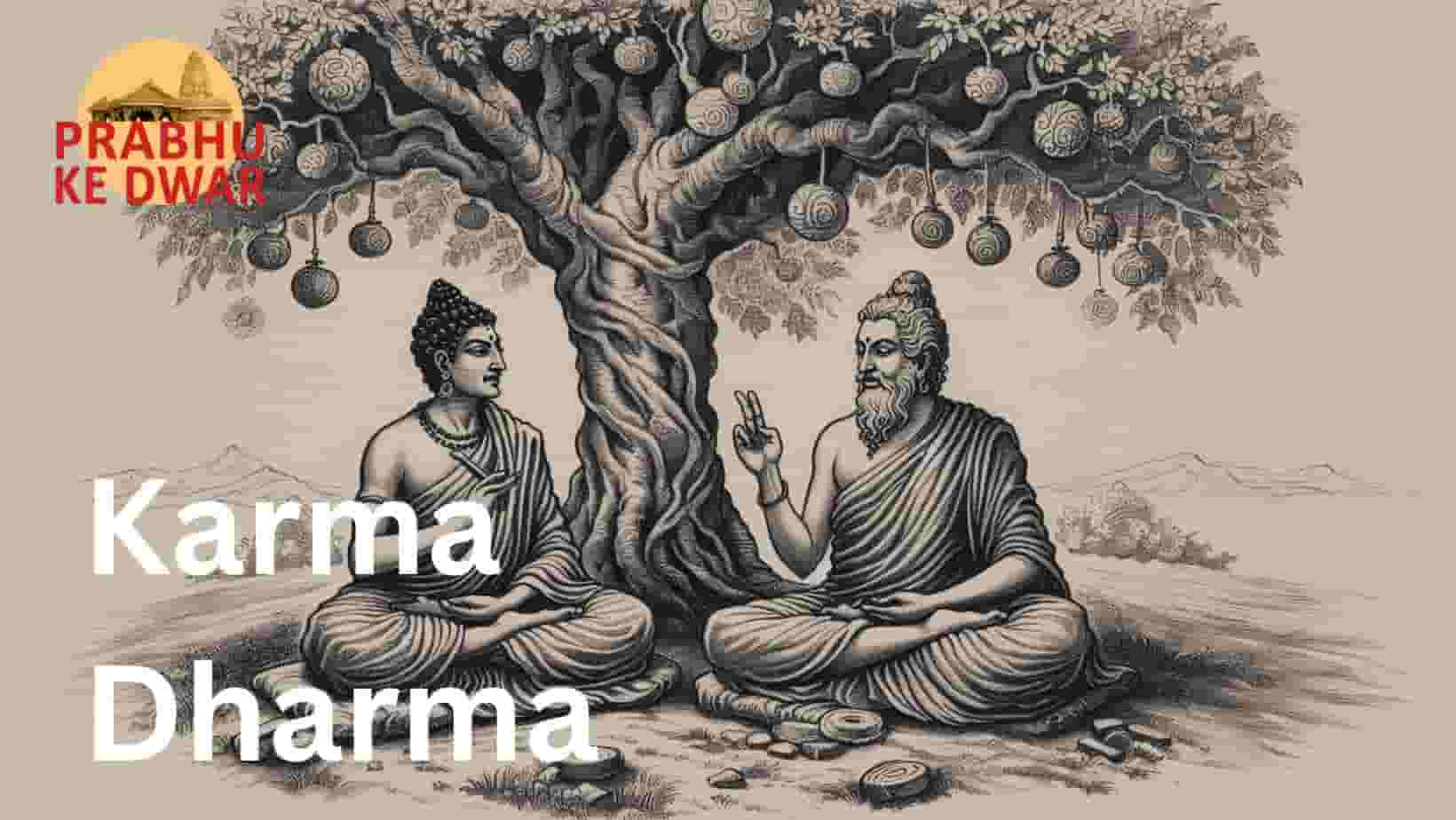Table of contents [Show]
Introduction to Karma and Dharma
In Hindu philosophy, karma and dharma are fundamental concepts that govern the cycle of life, death, and rebirth. Karma refers to the law of cause and effect, where actions have corresponding consequences, influencing one's future experiences and circumstances. On the other hand, dharma encompasses moral and ethical duties that uphold the natural order of the universe and guide individuals towards righteous living.
Karma in Hinduism
Concept of Karma
Karma is a central tenet in Hinduism, embodying the principle that every action (kriya) carries consequences (phala). It operates under the belief that positive actions lead to positive outcomes, while negative actions result in adverse consequences. This cosmic law of cause and effect forms the basis of how individuals experience life and undergo cycles of reincarnation.
Types of Karma
Sanchita Karma (Accumulated Karma): This refers to the sum total of past actions and their consequences that an individual carries across lifetimes.
Prarabdha Karma (Fruit-bearing Karma): Prarabdha karma determines the conditions and circumstances of one's current life, influencing birth, relationships, and life events.
Kriyamana Karma (Current Actions): These are actions performed in the present moment, shaping immediate circumstances and future consequences.
Karma and Free Will
While karma dictates certain outcomes based on past actions, Hindu philosophy also emphasizes the role of free will (purushartha). Individuals have the ability to choose their actions and intentions, thereby influencing their karmic path. The balance between fate and free will underscores the importance of conscious decision-making aligned with spiritual values.
Dharma in Hinduism
Understanding Dharma
Dharma encompasses righteousness, duty, and moral obligations that uphold the natural order (rita) of the universe. It is defined not only by societal norms but also by an individual's responsibilities and virtues that promote harmony and ethical living.
Types of Dharma
Sanatana Dharma (Eternal Duties): These are universal principles and duties that are timeless and apply to all individuals regardless of their social or cultural context.
Svadharma (Individual Duty): Svadharma refers to one's personal duty or role in life based on their inherent qualities, responsibilities, and station in society.
Importance of Dharma
Dharma forms the foundation of Hindu ethics and social structure, ensuring that individuals act in accordance with universal laws and maintain order within society. It supports the pursuit of the four purusharthas—dharma (righteousness), artha (prosperity), kama (desire), and moksha (liberation)—that guide human life towards spiritual growth and fulfillment.
Relationship Between Karma and Dharma
Interconnection
Karma and dharma are intricately linked in Hindu philosophy. Dharma influences the quality of one's actions and intentions, thereby shaping their karmic consequences. By adhering to dharma, individuals not only fulfill their moral duties but also mitigate negative karma and pave the way for spiritual evolution.
Resolving Karma Through Dharma
Practicing dharma is seen as a means to resolve past karmic debts and attain spiritual liberation (moksha). By leading a righteous life and fulfilling one's duties selflessly, individuals can transcend the cycle of rebirth and achieve union with the divine.
Illustrative Examples
Stories from Hindu mythology, such as the epic Mahabharata, illustrate the complex interplay between karma and dharma through characters like Arjuna and Yudhishthira. These narratives provide practical insights into how individuals navigate moral dilemmas and spiritual challenges while adhering to their righteous duties.
Conclusion
In conclusion, karma and dharma are foundational concepts in Hinduism that elucidate the moral and ethical framework governing human existence. Understanding and embracing these principles not only enriches personal growth but also fosters harmony within society. By aligning actions with dharma and accepting the consequences of karma, individuals embark on a transformative journey towards spiritual enlightenment and liberation.
FAQs on Karma and Dharma
What is the role of karma in Hinduism?
- Karma in Hinduism refers to the law of cause and effect governing actions and their consequences across lifetimes.
How does dharma influence karma?
- Dharma guides individuals to act morally and ethically, thereby influencing the quality of their karma.
Can karma be changed?
- Yes, karma can be altered through conscious actions aligned with dharma, leading to spiritual growth and liberation.
What are some practical ways to practice dharma?
- Practicing honesty, compassion, and fulfilling one's duties are practical ways to uphold dharma in everyday life.
Why are karma and dharma important in Hindu philosophy?
- They provide a framework for understanding the purpose of life, the nature of reality, and the path to spiritual enlightenment.
This comprehensive exploration of karma and dharma in Hinduism aims to deepen understanding and appreciation for these profound philosophical concepts that continue to shape spiritual beliefs and practices globally.



